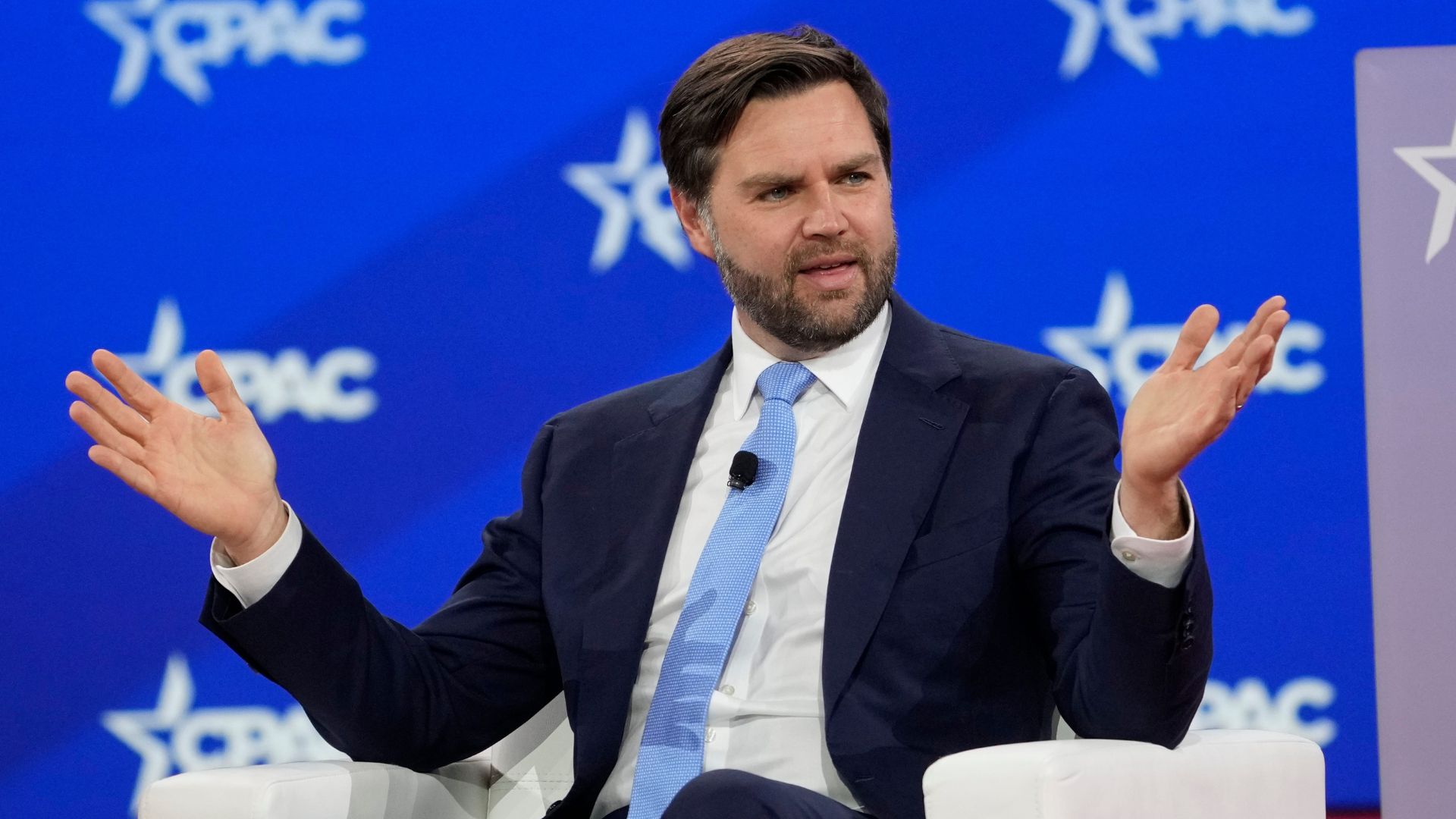Vice President J.D. Vance played a decisive role in persuading the United Kingdom to drop its demand that Apple provide the government with a “backdoor” into personal user data, according to U.S. officials.
The negotiations followed months of quiet but direct engagement between American and British leaders on the matter, as reported by Fox News.

A U.S. official told Fox News Digital that Vance was “in charge and was personally involved in negotiating a deal, including having direct conversations with the British government.”
The official said Vance worked with U.K. partners to negotiate “a mutually beneficial understanding” that led the British government to withdraw the order.
The agreement, the official added, ensures “each country’s sovereignty while maintaining close cooperation on data sharing.”
The vice president’s background in technology, along with his stated commitment to privacy rights and the U.S.-U.K. alliance, shaped his involvement.
“He took a strong interest in this issue because of his background in technology, his concern for privacy, and his commitment to maintain a strong U.S.-U.K. relationship,” the official said.
Director of National Intelligence Tulsi Gabbard also confirmed the outcome in a post on X, writing that she, President Donald Trump, and Vance had worked “closely with our partners in the U.K.” to safeguard Americans’ private data.
“As a result, the UK has agreed to drop its mandate for Apple to provide a ‘back door’ that would have enabled access to the protected encrypted data of American citizens and encroached on our civil liberties,” Gabbard wrote.
Fox News Digital reported earlier this year that Apple had been served with a secret order under the U.K.’s Investigatory Powers Act 2016. The directive reportedly required Apple to weaken its iCloud encryption, giving the British government broad access to customer data.
That law, sometimes referred to as the “Snoopers’ Charter,” does not require judicial approval.
Lawmakers in Washington raised alarms in February, with Sen. Ron Wyden, D-Ore., and Rep. Andy Biggs, R-Ariz., writing to Gabbard to express concern about potential spying by adversaries such as China and Russia.
During the Munich Security Conference in February, Vance criticized European governments for what he described as a retreat from fundamental values.
He cited the case of Adam Smith-Connor, a British Army veteran prosecuted under laws restricting silent prayer near abortion facilities.
“To many of us on the other side of the Atlantic, it looks more and more like old, entrenched interests hiding behind ugly Soviet-era words like misinformation and disinformation,” Vance said, adding that Europe appeared increasingly hostile to dissenting views.

Vance returned to the U.K. earlier this month for diplomatic meetings with British officials, including the foreign secretary, on ongoing conflicts in Ukraine and the Middle East.
Meanwhile, the U.S. State Department’s 2024 report on human rights in the United Kingdom cited “credible reports of serious restrictions on freedom of expression.”
The report highlighted the U.K. Online Safety Act of 2023, which expanded regulators’ authority over American tech firms and raised new questions about government pressure to reduce encryption protections.
The report also noted that British authorities cracked down on online commentary following riots in 2024 after a mass stabbing at a Taylor Swift-themed dance event.
Officials threatened prosecutions and even extradition for speech they deemed harmful or unlawful. Critics, including human rights groups, warned that such measures risked weaponizing law enforcement against political opinions disfavored by authorities.